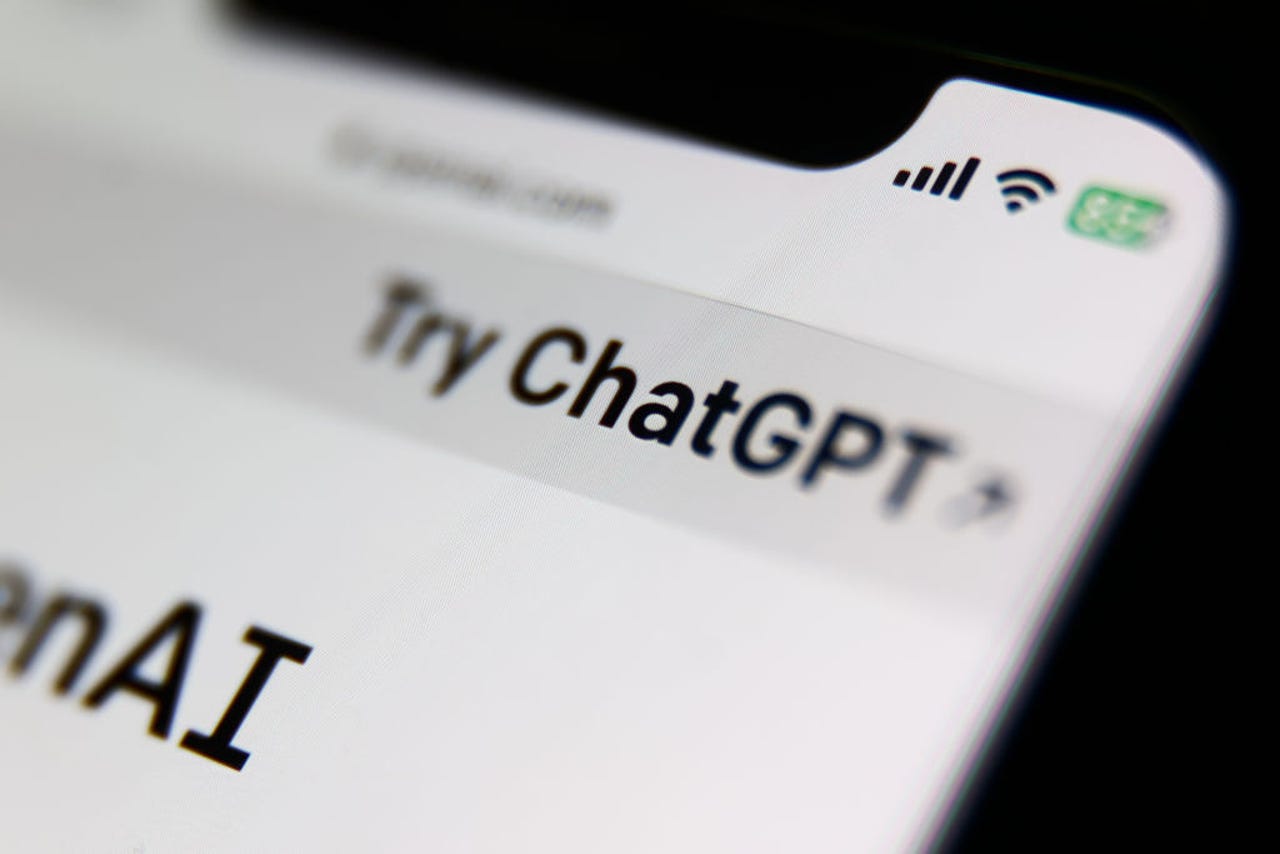Google steps up work on ChatGPT rivals


Google is reportedly testing a ChatGPT rival that uses its own LaMDA conversational chatbot technology and is called "Apprentice Bard".
Internal documents seen by CNBC indicate Google is urgently working on an answer to Microsoft-backed OpenAI's ChatGPT.
In Depth: These experts are racing to protect AI from hackers. Time is running out
The Google chatbot "Apprentice Bard" offers similar prompt and response functionality to ChatGPT, but would one-up the OpenAI chatbot by offering responses about recent events. OpenAI acknowledges that ChatGPT "has limited knowledge of world and events after 2021" because of its training data and the fact that it is not connected to the internet.
According to reports, the arrival of ChatGPT has worried Google greatly because of the potential of such tools to change how people find information online.
Also: The best AI writers: ChatGPT and alternatives
According to a memo seen by The New York Times late last year, Google CEO Sundar Pichai has upended the work of numerous groups inside the company to respond to the threat that ChatGPT poses.
Apprentice Bard is apparently based on Meena, a chatbot Google unveiled in 2020, and only released internally, but later discontinued.
Google is also testing a different Google search page that would permit questions and responses the way ChatGPT can ask further questions and respond to refined prompts.
According to CNBC, one design shows the search page with "five different prompts for potential questions placed directly under the main search bar." This would be in place of the current "I'm feeling lucky" bar. It also showed a small chat logo inside the far right end of the search bar. A Google spokesperson told CNBC that it continues to test AI technology internally to make sure it's helpful and safe "and we look forward to sharing more experiences externally soon."